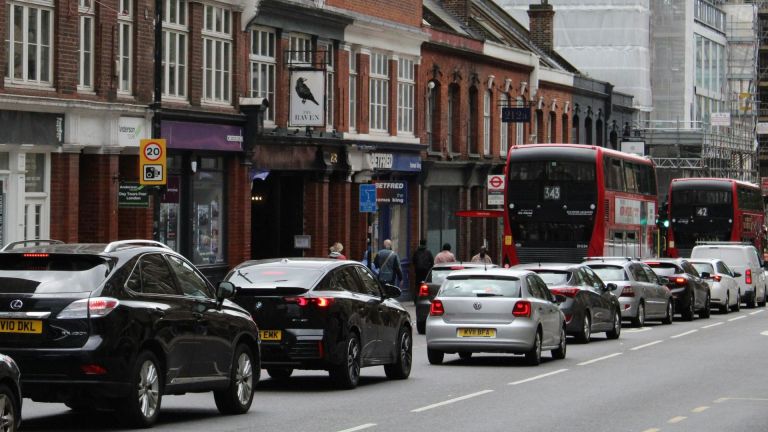Last week the prime minister confirmed the government and the Department for Work and Pensions (DWP) will consult on further reforms to health-related benefits. The speech was heavy on rhetoric, but light on credible solutions which will help people excluded from work or address the unacceptably high numbers of disabled and sick people facing hunger and hardship across the UK.
Around seven in ten people referred to food banks in the Trussell Trust network are disabled. That’s seven in ten people facing such hunger and hardship they’ve had no choice but to turn to their local food bank.
As organisations like Scope have long pointed out, life costs more for disabled people. And the view from our frontline shows systems that should protect us are clearly failing disabled people on the lowest incomes. Too many cannot afford even the essentials.
- ‘It’s evil what they’re doing’: DWP denying benefits to people with schizophrenia and mental illness
- Activist to take DWP to court over disability benefit reforms: ‘Disabled voices should be heard’
The prime minister’s speech last week was a jarring contrast to this evidence, and to the daily experience of so many disabled people. Many have already roundly rejected its tone and direction. Two dispiriting themes stood out for food banks desperate to see action to stem the rising tide of need.
First, using threats to push people into work. Talk about ‘fit note culture’ and increasing job-seeking conditions looks misguided. The reality is that people leaving employment through sick notes is not a particular problem in the UK, not least due to our incredibly low rate of statutory sickness pay. Proposed tighter sanctions are tinkering around the edges, with little likelihood of success and a high risk of worsening the very issues they are intended to solve.
The DWP’s own evaluation shows sanctions don’t make the average claimant more likely to get a job and, if you do, you earn less. Other studies show conditionality to be particularly ineffective for disabled people. And some proposals are forecast to cost the government, rather than save money.










